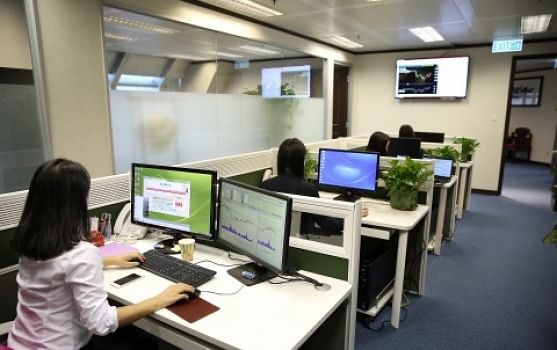The hidden cost of poor quality business translation

With the global business environment responding to economic and political shifts around the world, many companies are looking to either cut costs or at least curb their spending. Often, bought-in services such as consultants, IT and professional translation are some of the first to go. However, the true cost of ditching such services is often hidden.
When it comes to translation, making cuts can mean several things. Some companies opt for machine translation instead of human translation. Others opt for cheaper translation agencies, which offer budget services due to less stringent quality control procedures over the work that they produce. To the business in question, a cost saving shows clearly in terms of their outgoings reducing. But that’s not the full picture…
The European Commission’s Studies on translation and multilingualism seeks to quantify quality costs and the cost of poor quality in translation. It likens the use of translation for a multilingual operation (in this case the EU) to the running of a car. It’s certainly possible to use cheaper, less high quality lubricant for a car’s engine, but the car won’t run as well and the long-term cost could end up being higher than the cost of the high quality lubricant would have been in the first place.
The European Commission's Directorate-General for Translation found that lower quality translation paved the way for increased instances of requests for corrections (corrigenda requests), reputation loss, and even increased potential for litigation. All of these factors have an associated cost. Ultimately, the European Commission’s report concluded that reducing quality investment in an effort to save money would be a risky operation.
While no business faces the precise, vast translation challenges that the European Commission deals with, scaled down versions of the report’s findings certainly still apply. Poor quality translation on documents like instruction manuals can lead to the need to reprint corrected versions. Poorly translated health and safety guidelines and warnings increases the potential for legal action. Both of these factors have the potential to cause reputational damage to the brand in question and both can result in key staff wasting time dealing with the issues that arise, which costs the business yet more money.
The hidden costs of poor quality translation can swiftly mount up. Businesses that operate over international borders and which are looking to save money would do well to think twice before making cuts to their translation service!
CATEGORIES
STAY INFORMED
Subscribe to receive all the latest updates from Tomedes.
© Copyright 2007-2022 TOMEDES. All Rights Reserved.


Post your Comment